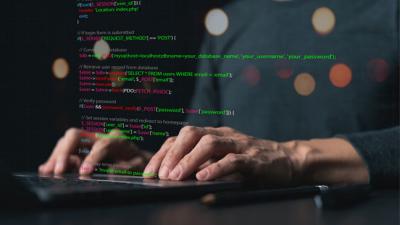Rensselaer Graduate Wins Prize for Entrepreneurship
Gabriel Jacoby-Cooper ’24 was awarded the Glenn Martin Mueller ’64 Prize at Rensselaer’s School of Science Commencement brunch. The annual prize was established to honor Glenn Martin Mueller, former Rensselaer Trustee and a 1964 RPI graduate. A leading venture capitalist in Silicon Valley, Mueller was a champion of the entrepreneur, funding many successful start-up companies. The prize is given to a computer science major who is deemed to be the most entrepreneurial.



